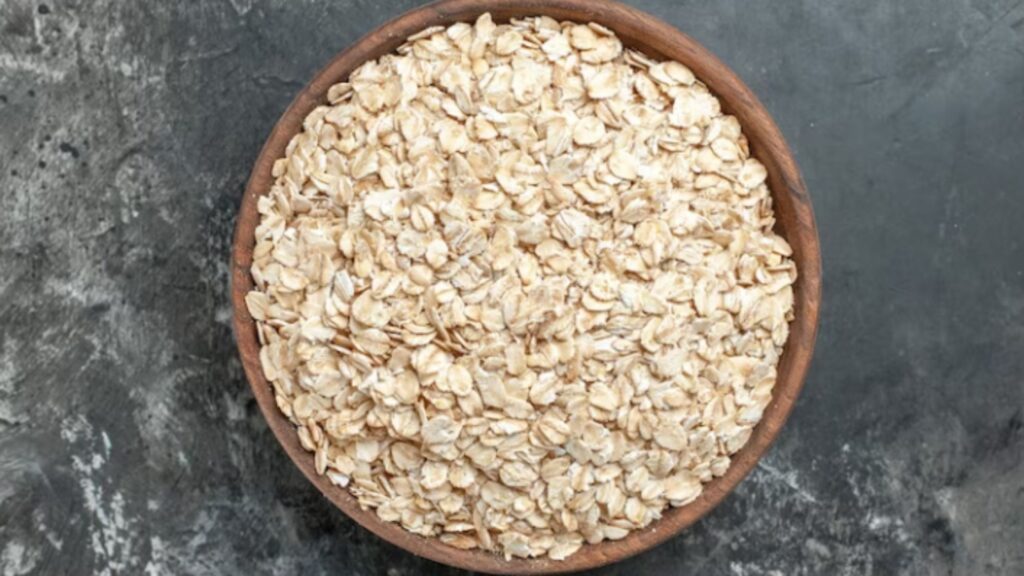As the saying goes, “feed a cold, starve a fever.” However, when you have a fever, it’s important to nourish your body with nutrient-rich foods to support your immune system and aid in recovery. Plus, eating comforting foods can help soothe your symptoms and make you feel better overall. Here are ten comforting foods to eat when you have a fever:
Chicken Soup:

Chicken soup has been a go-to remedy for the common cold and flu for centuries, and for good reason. It’s packed with nutrients like protein, vitamins, and minerals, and the warm broth can help soothe a sore throat and loosen congestion. Plus, the steam from the soup can help open up your airways, making it easier to breathe.
Chicken soup has been shown to have anti-inflammatory properties, which can help reduce inflammation in the body caused by illness. The chicken in the soup provides a good source of protein, which is important for building and repairing tissues in the body, including the immune system. The vegetables in the soup, such as carrots, celery, and onions, provide important vitamins and minerals that can help support immune function.
Oatmeal:

Oatmeal is a nutritious and easy-to-digest breakfast option that can help regulate your blood sugar levels and provide long-lasting energy. Plus, it’s rich in fiber, which can help keep your digestive system moving even when you’re not feeling your best. Add some sliced banana or honey for a touch of sweetness.
When you have a fever, your body is working hard to fight off the infection. This can cause your blood sugar levels to fluctuate, which can make you feel weak and fatigued. Eating a balanced breakfast, like oatmeal with fruit, can help stabilize your blood sugar levels and provide your body with the energy it needs to fight off the infection.
Ginger Tea:

Ginger has natural anti-inflammatory properties and can help reduce nausea and vomiting, which can be common symptoms of a fever. Brew a cup of ginger tea by steeping fresh ginger in hot water for a few minutes, then adding a squeeze of lemon and a touch of honey for extra flavor.
In addition to its anti-inflammatory properties, ginger has also been shown to have antibacterial and antiviral properties. This can help fight off the infection that’s causing your fever. Ginger tea can also help soothe a sore throat and calm an upset stomach.
Toast with Peanut Butter:

When your appetite is low, it can be tough to find foods that you actually want to eat. Toast with peanut butter is a simple, satisfying snack that provides a balance of carbohydrates, protein, and healthy fats. Plus, it’s easy to digest and won’t weigh you down.
Peanut butter is a good source of protein, which is important for building and repairing tissues in the body, including the immune system. The carbohydrates in the toast provide energy, while the healthy fats in the peanut butter help you feel full and satisfied.
Smoothies:

Smoothies are a great way to pack a lot of nutrients into a small package. Use a base of frozen fruit or veggies, such as bananas or spinach, then add in some protein powder, nut butter, and a liquid like almond milk or coconut water. Blend until smooth and enjoy!
Smoothies are a great way to get a lot of vitamins and minerals in a single meal. When you have a fever, it’s important to stay hydrated, and smoothies can help you do that while also providing important nutrients to support your immune system.
Mashed Potatoes:

Mashed potatoes are a classic comfort food that’s easy to eat and gentle on your stomach. They’re also a good source of carbohydrates, which can help provide energy to your body when you’re feeling fatigued
Rice Pudding:

Rice pudding is a sweet treat that’s easy to digest and can help soothe a sore throat or upset stomach. Use white or brown rice and cook it in milk with a touch of sugar and cinnamon for flavor. Top with raisins or nuts for extra crunch.
Herbal Tea:

Herbal tea, such as chamomile or peppermint, can help soothe a variety of symptoms associated with a fever, including headaches, nausea, and congestion. Brew a cup using dried herbs or tea bags and enjoy hot or cold.
Yogurt:

Yogurt is rich in probiotics, which can help promote a healthy gut microbiome and support your immune system. Look for plain, unsweetened varieties for the most health benefits, then add in some fresh fruit or granola for a touch of sweetness.
In conclusion, when you have a fever, it’s important to eat nutrient-rich, easy-to-digest foods that can help support your immune system and aid in recovery. These ten comforting foods can help soothe your symptoms and make you feel better overall. Remember to stay hydrated by drinking plenty of water









